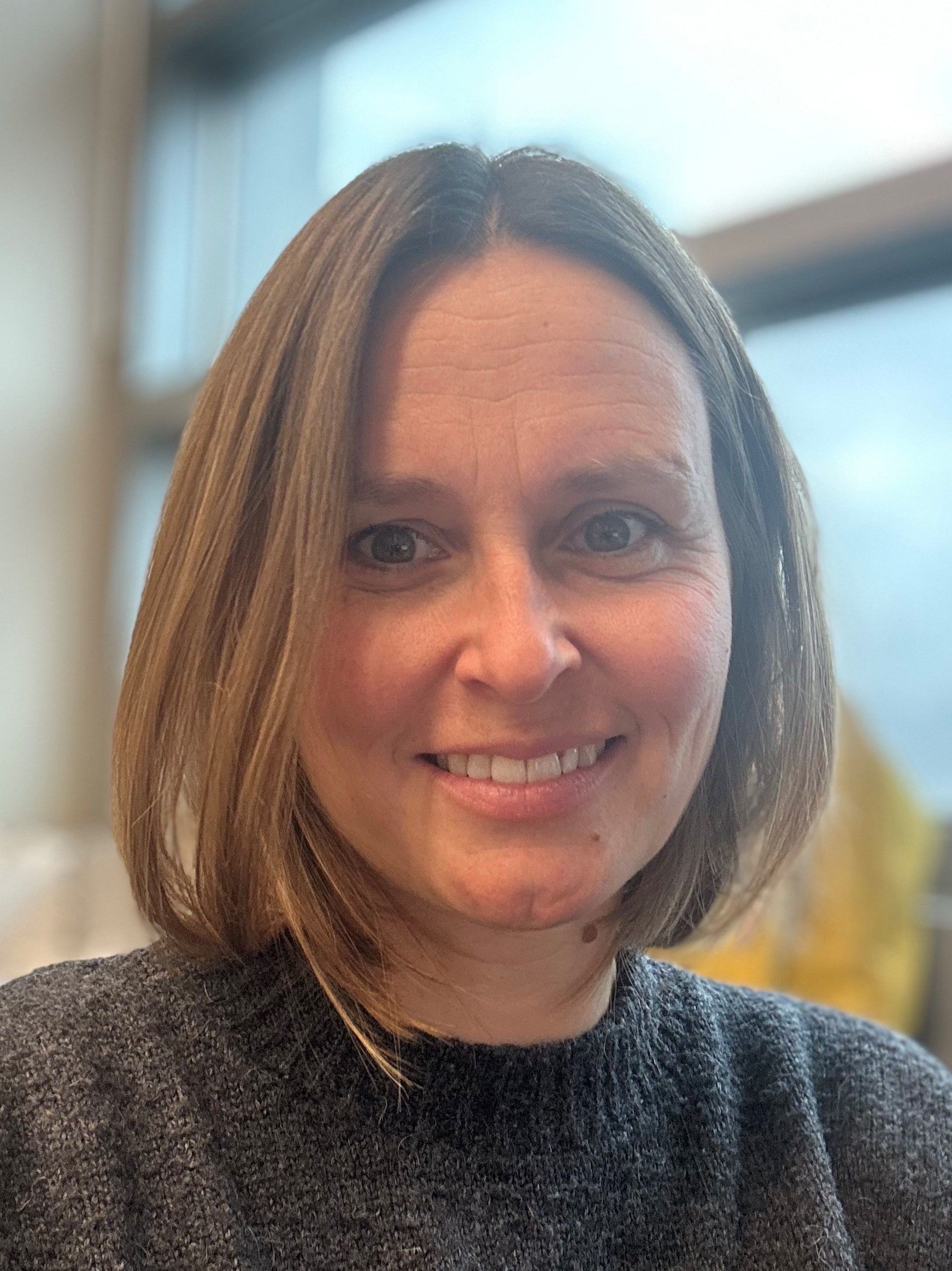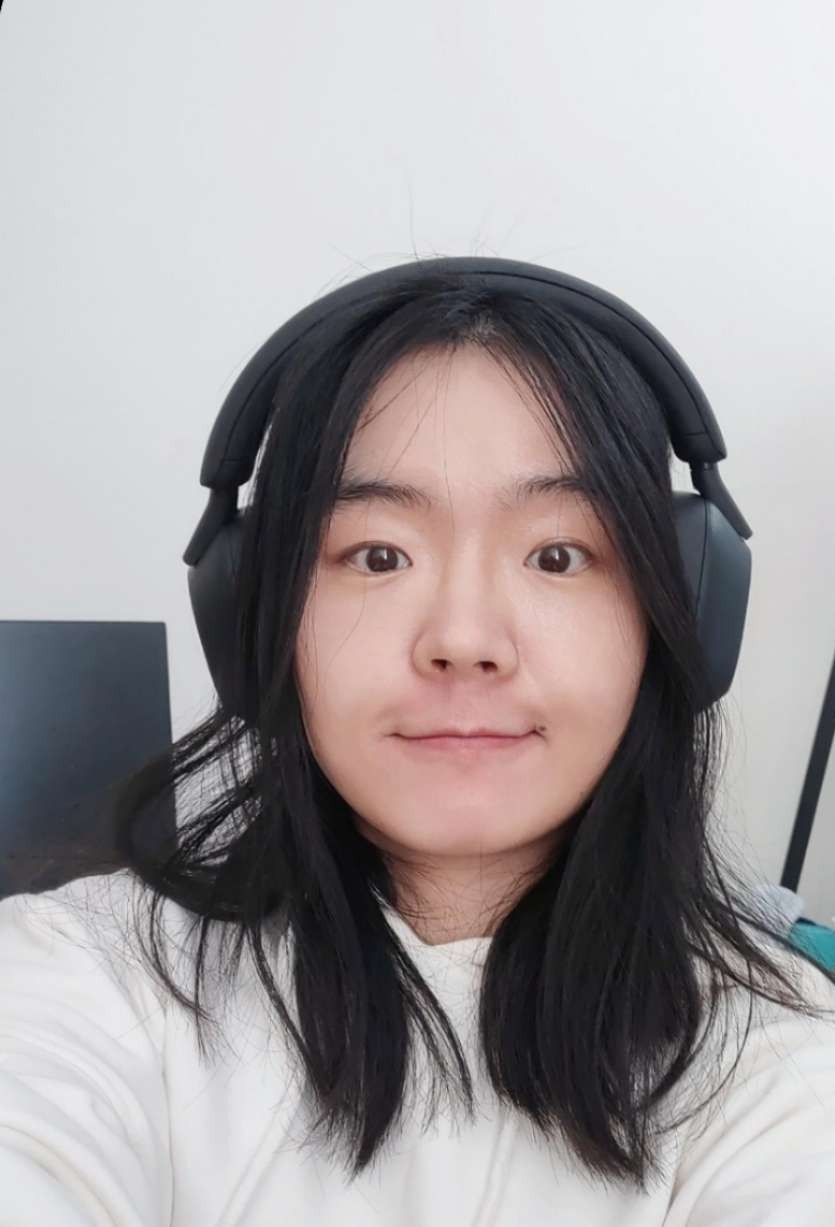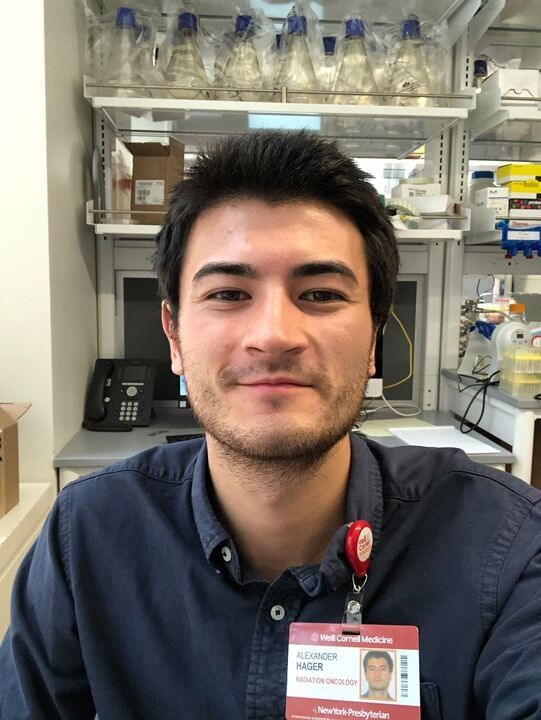In the Nygaard Lab, our primary focus is to elucidate how ionizing radiation affects cells at the molecular level. We employ structural biology techniques—including single-particle cryo-electron microscopy (cryo-EM)—alongside other biochemical and biophysical methods to study key targets involved in cellular responses to ionizing radiation. By understanding the fundamental biology of radiation therapy on a molecular scale, we aim to understand the differential responses observed in various cell types.
One of our main projects centers on uncovering the molecular mechanisms behind FLASH radiation therapy. FLASH is an innovative technique where radiation is delivered at ultra-high dose rates compared to conventional therapy, yet the total dose remains the same. Preclinical animal studies have shown that FLASH can significantly reduce toxicity in healthy tissues while preserving its effectiveness against tumors—a phenomenon known as the FLASH effect. The molecular basis of this effect is not yet fully understood. We aim to uncover the underlying molecular mechanisms of the FLASH effect to ultimately pave the way for safer and more effective radiation treatments.
MEMBERS

Rie Nygaard, Ph.D.
Principle Investigator
Dr. Nygaard grew up in Denmark and obtained her undergraduate and graduate degrees at the University of Copenhagen. During her doctorate, she was a visiting student in the lab of Dr. Brian Kobilka at Stanford University, where she also did a brief Postdoc studying G-protein coupled receptors using NMR. Following this experience, she remained at Stanford and joined the lab of Professor Lynette Cegelski. After Stanford, she joined Professor Filippo Mancia's lab at Columbia University. Here, she has used cryo-EM to determine the structure of several small membrane protein complexes, both mammalian and bacterial. Dr. Nygaard envisions using her training in structural biology and other biochemical and biophysical techniques to study targets involved in radiation therapy (specifically FLASH radiation) at the molecular level.

Yaqi Liu, Ph.D.
Research Associate
Yaqi Liu is a structural biologist interested in using integrative approaches to elucidate molecular mechanisms underlying disease pathways and provide structural insights that can guide the development of potential therapeutic strategies. She received her Ph.D. in Structural Biology from Pohang University of Science and Technology (POSTECH) in Korea, where she investigated essential DNA repair machinery using X-ray crystallography and biochemical methods, and was awarded the Young Scientist Award from the Korean Society for Structural Biology. During her postdoctoral research at the University of Utah, Yaqi studied transporters involved in cardiovascular physiology and was the recipient of the AHA postdoctoral fellowship. She then joined Columbia University Irving Medical Center as an Associate Research Scientist, where she used cryo-EM to uncover the structures of key mycobacterial enzymes responsible for cell wall biosynthesis. Yaqi recently joined the Nygaard Laboratory at Weill Cornell Medicine as a Research Associate, where she aims to understand molecular mechanisms relevant to radiation therapy by combining structural biology with innovative model systems. Outside of the lab, Yaqi is passionate about music—from classical to pop—and loves singing and dancing, as well as watching movies, exploring Broadway shows, and experimenting with different cuisines in the kitchen.

Alexander Hager
Research Technician 1
Alex graduated from Case Western Reserve University with a B.A. in Chemical Biology. For his undergraduate thesis, Alex participated in a structural biology lab where he focused on purifying an ion channel for structural studies. Alex is interested in learning new techniques in tissue engineering and gaining a deeper understanding of the structural biology of proteins involved in radiation therapy. He is particularly drawn to projects that explore how molecular mechanisms can inform the development of new treatments. Outside of the lab, Alex enjoys playing and watching soccer, trying new foods, and shopping for vintage clothing.

Audrey Hu
Volunteer
Audrey is an undergraduate student majoring in Human Biology at Hunter College. She has a strong interest in structural biology, radiation biology, and oncology research. She previously gained research experience at the Institute of Radiation Medicine (IRM) at Fudan University, where she worked on molecular and cellular biology projects, including studies related to glioblastoma. Her academic background and research training have shaped her interest in understanding how cancer develops and responds to treatment at the molecular and structural levels. Outside the lab, she enjoys baking and cooking, exploring different cuisines, and playing the piano to relax.

